In July 2016, Dr. Dinusha Mendis Associate Professor in Law and Co-Director of the Centre for Intellectual Property Policy and Management (CIPPM) disseminated her research on the Intellectual Property (IP) implications of 3D scanning, 3D printing and mass customisation in Southampton, Newcastle and London.
Questioning what the future holds for IP law as a result of technologies such as 3D printing, Dr. Mendis spoke about the research she has conducted for the UK Government (UK Intellectual Property Office) as well as the research she is conducting for her RCUK/AHRC-funded project ‘Going for Gold’ considering the IP implications of 3D scanning, 3D printing and mass customisation of ancient and modern jewellery.
Cross-Hub Workshop on 3D Printing, Southampton Solent University, 5th July 2016
The event titled ‘Cross-Hub Workshop: 3D Printing: Development, Application and its Contribution to Local Economy’ hosted speakers from industry, academia and professional practice thereby presenting the opportunity to explore and discuss the digital opportunities and its potential contribution to local/national economy in the development and application of 3D printing technology.
Dr. Mendis was invited to speak about her research into the intellectual property implications of 3D printing and presented the results from the commissioned research carried out for the UK Intellectual Property Office, which led to the publication of 2 Reports and an Executive Summary in 2015, whilst outlining the copyright, design and licensing implications relating to cultural institutions and SMEs in 3D scanning and printing ancient and modern jewellery.
Fossilisation and Innovation Law, Innovation and Society Research Group of Newcastle Law School, 11th July 2016
At this 2-day event, Dr. Mendis was invited to speak about law’s response to innovation and emerging technologies. Dr. Mendis’ presentation explored law’s resilience to dynamic change, in particular, and questioned whether legislators should adapt to innovation whilst adopting innovative regulation. The 2 day event began with a keynote speech by Professor Dan Faber of UC Berkeley and concluded with a keynote speech by Professor Karen Yeung of Kings College London.
3D Printing in Law and Society Workshop, Information, Law and Policy Centre, Institute of Advanced Legal Studies (IALS) London, 12th July 2016
The event marked the launch of Dr. Angela Daly’s new book on 3D Printing and commenced with a presentation from Dr. Daly, a research fellow at Queensland University of Technology Faculty of Law, Australia. Dr. Daly’s presentation was followed by an invited guest lecture from Dr. Mendis who spoke about the IP implications of 3D printing, highlighting the challenges and opportunities which this technology has brought about, whilst outlining the next steps for 3D printing, from a legal perspective. More information about the event as well a write up about it, can be found here.

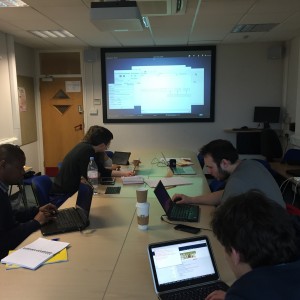

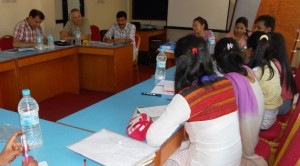
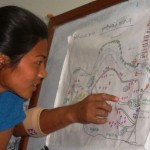
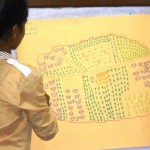
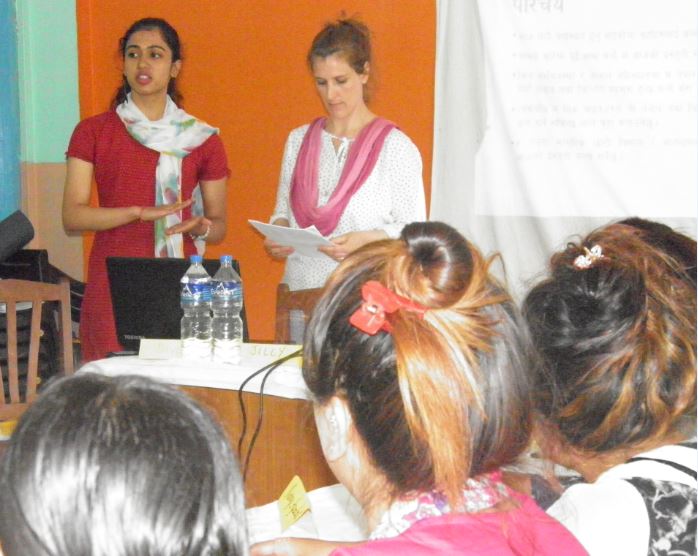

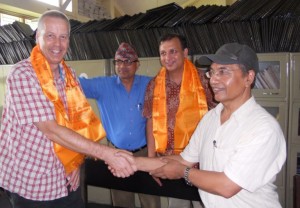


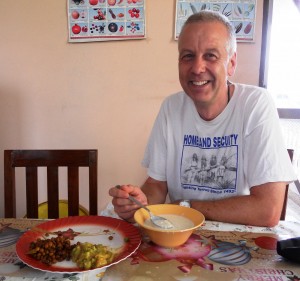
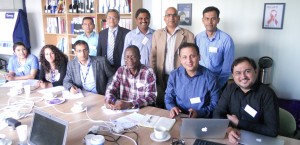
 Dr. Pramod Regmi in FHSS published his latest paper today in the South East Asia Journal of Public Health. The paper ‘Priority public health interventions and research agendas in post-earthquake Nepal’ is co-authored with researchers based in New Zealand, Nepal and the UK [1]. The authors reminds the readers that natural disasters cause huge damage to infrastructure, economies as well as population health. Nepal’s 2015 earthquake has multiple effects on population health and health services delivery. Many public health facilities, mostly health posts or sub-healthposts, were damaged or completely destroyed. Priority health services such as immunisation and antenatal care were also seriously affected.
Dr. Pramod Regmi in FHSS published his latest paper today in the South East Asia Journal of Public Health. The paper ‘Priority public health interventions and research agendas in post-earthquake Nepal’ is co-authored with researchers based in New Zealand, Nepal and the UK [1]. The authors reminds the readers that natural disasters cause huge damage to infrastructure, economies as well as population health. Nepal’s 2015 earthquake has multiple effects on population health and health services delivery. Many public health facilities, mostly health posts or sub-healthposts, were damaged or completely destroyed. Priority health services such as immunisation and antenatal care were also seriously affected.
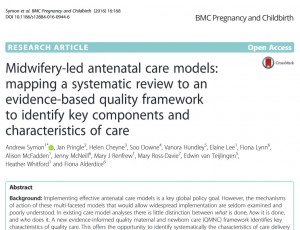
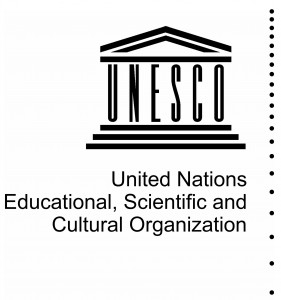

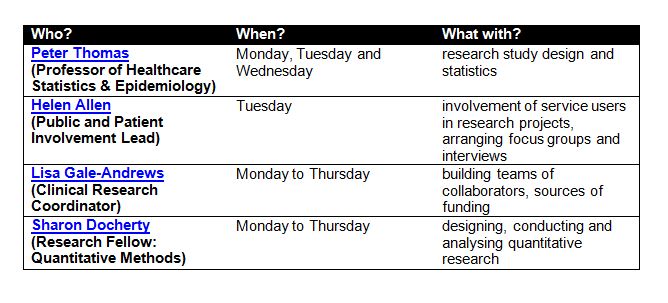

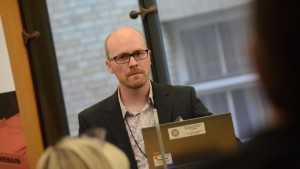
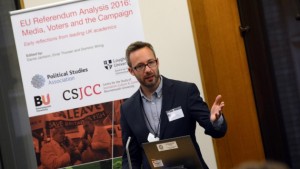











 Nursing Research REF Impact in Nepal
Nursing Research REF Impact in Nepal Fourth INRC Symposium: From Clinical Applications to Neuro-Inspired Computation
Fourth INRC Symposium: From Clinical Applications to Neuro-Inspired Computation ESRC Festival of Social Science 2025 – Reflecting back and looking ahead to 2026
ESRC Festival of Social Science 2025 – Reflecting back and looking ahead to 2026 3C Event: Research Culture, Community & Cookies – Tuesday 13 January 10-11am
3C Event: Research Culture, Community & Cookies – Tuesday 13 January 10-11am Dr. Chloe Casey on Sky News
Dr. Chloe Casey on Sky News ECR Funding Open Call: Research Culture & Community Grant – Application Deadline Friday 12 December
ECR Funding Open Call: Research Culture & Community Grant – Application Deadline Friday 12 December MSCA Postdoctoral Fellowships 2025 Call
MSCA Postdoctoral Fellowships 2025 Call ERC Advanced Grant 2025 Webinar
ERC Advanced Grant 2025 Webinar Horizon Europe Work Programme 2025 Published
Horizon Europe Work Programme 2025 Published Update on UKRO services
Update on UKRO services European research project exploring use of ‘virtual twins’ to better manage metabolic associated fatty liver disease
European research project exploring use of ‘virtual twins’ to better manage metabolic associated fatty liver disease